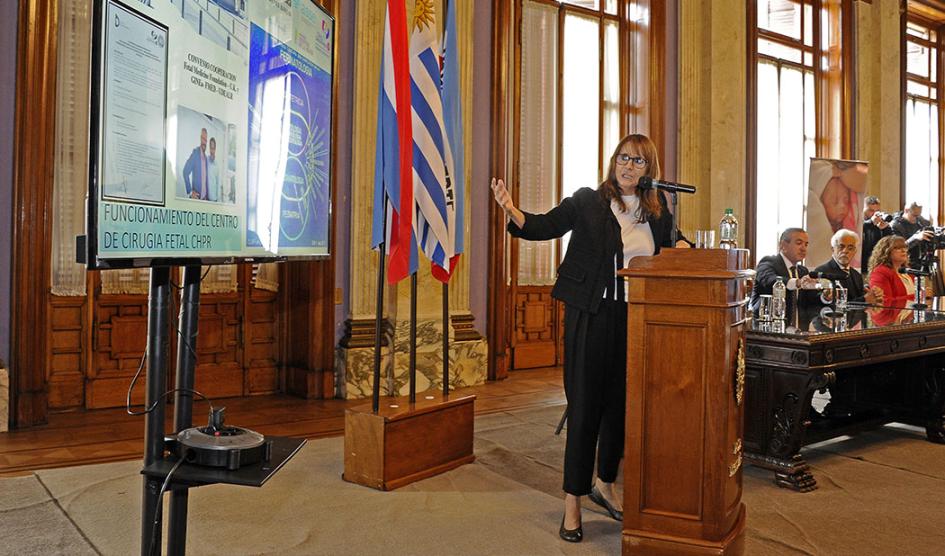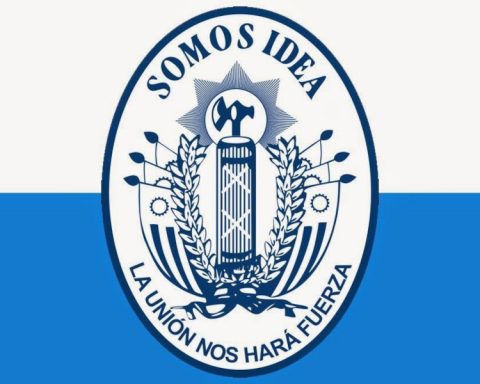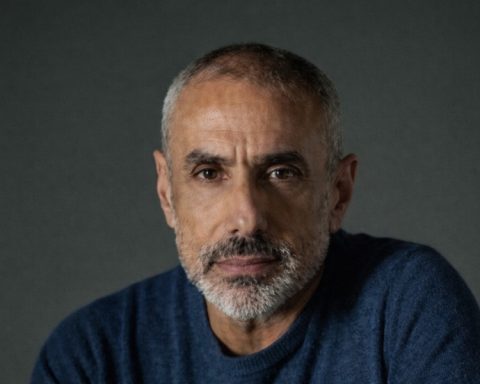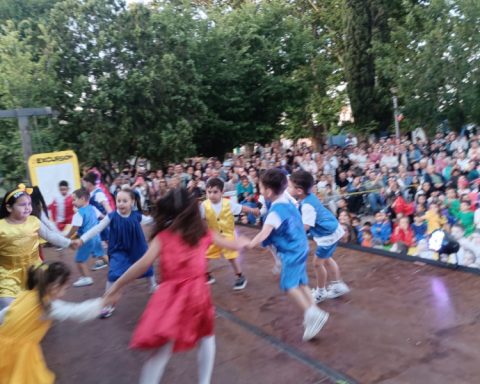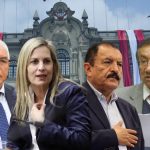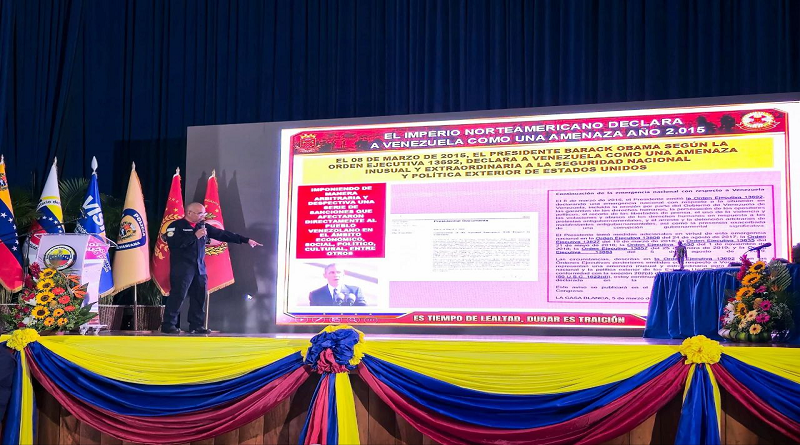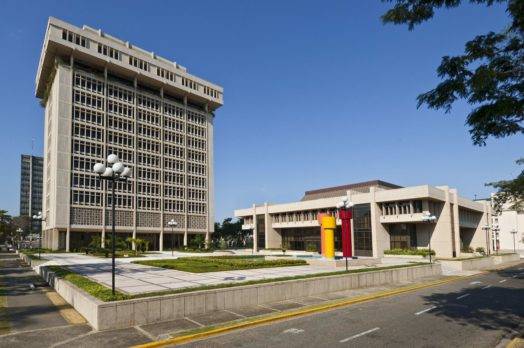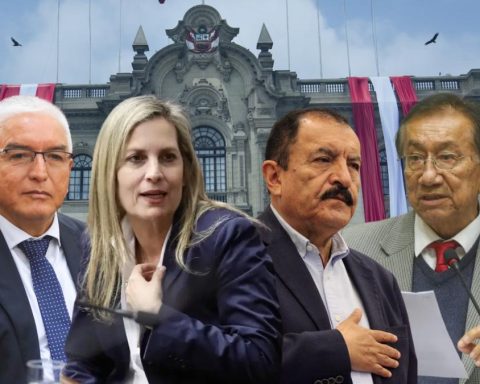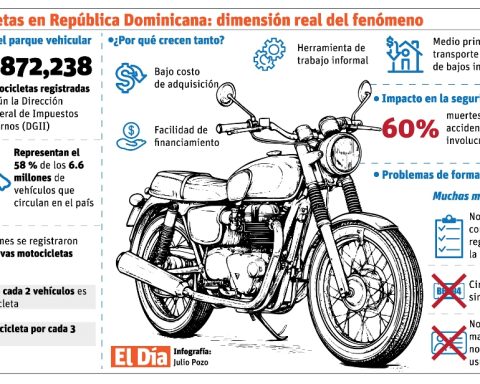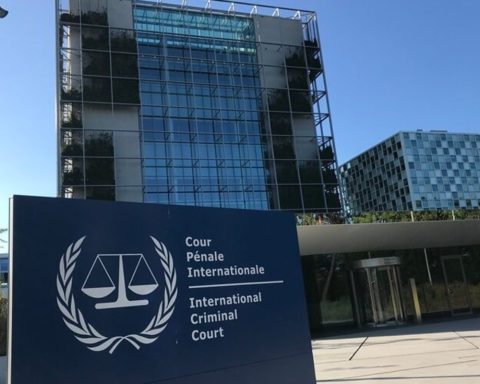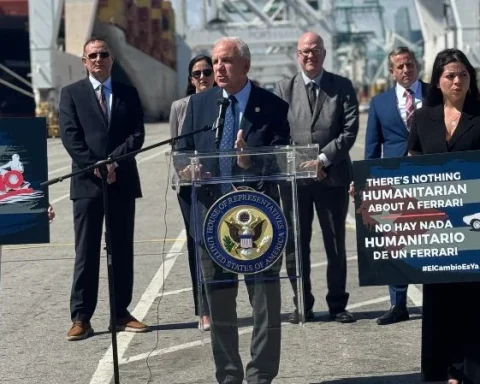Pereira Rosell is the only public service in Latin America that offers free fetal surgeries
The Álvarez Caldeyro Barcia Foundation held a ceremony to honor the mothers and children who were operated on at the fetal surgery center of the Pereira Rossell hospital, the only public center in Latin America that performs these interventions free of charge. According to the director of the perinatal medicine service of that hospital, Ana Bianchi, 20 mothers and babies were operated on for spina bifida.
The event held in the event hall of the Legislative Palace was also attended by the acting President of the Republic, Beatriz Argimón; the president of the State Health Services Administration (ASSE), Marcelo Sosa; the director of the Women’s Hospital of the Pereira Rossell Hospital Center (CHPR), Risel Suárez and the president of the Argentine fetal medicine network, Mario Palermo.
The mission of the Álvarez Caldeyro Barcia Foundation is to work for the survival and better development of babies born very small or prematurely, and to reduce premature births.
The tribute was directed to the mothers and children who were operated on at the Pereira Rosell fetal surgery center, as detailed by Bianchi in dialogue with Presidential Communication. He added that 20 mothers underwent surgery for spina bifida. “Today we honor them for their courage and effort in undergoing surgery so that their son could improve his quality of life,” he said.
In addition, twin pregnancies with monochorionic complications and transfusion transfusion syndrome were treated, Bianchi indicated, adding that all surgeries are intrauterine. The defect is diagnosed around the twentieth week of pregnancy and surgery is performed between the twenty-seventh and twenty-ninth to repair it in the uterus and prevent the condition from continuing. “It is a satisfaction when you see them crawl and move,” he considered.
Furthermore, he explained that in May 2023 an agreement was signed with the National Resources Fund (FNR), which took these types of surgeries under its control and, therefore, are free for all mothers in the country. In this context, he indicated that Argentine mothers were also operated on, given that it is the only public center in all of Latin America.
In addition, he pointed out that a multidisciplinary group of neuropediatricians and neurosurgeons care for and monitor the evolution of the operated babies after they are born.
Sosa, meanwhile, recalled that before the coronavirus health emergency, intrauterine interventions were carried out outside the country and, given the impossibility of traveling, the need to start doing them in Uruguay arose. In that sense, he valued the cooperation of the Álvarez Caldeyro Barcia Foundation, Faculty of Medicine, professionals from Argentina and Brazil and the management team of the Pereira Rossell Hospital for making them possible.
ASSE is the only public center in Latin America that provides these world-class interventions, Sosa said, and stressed that it reaches children from the public and private sectors.
On the other hand, he referred to infant mortality and highlighted the importance of monitoring pregnancies to detect anomalies in time and generate procedures to save or improve the quality of life of babies on the way. “This is a process that begins with adequate control of pregnancies,” he concluded.
